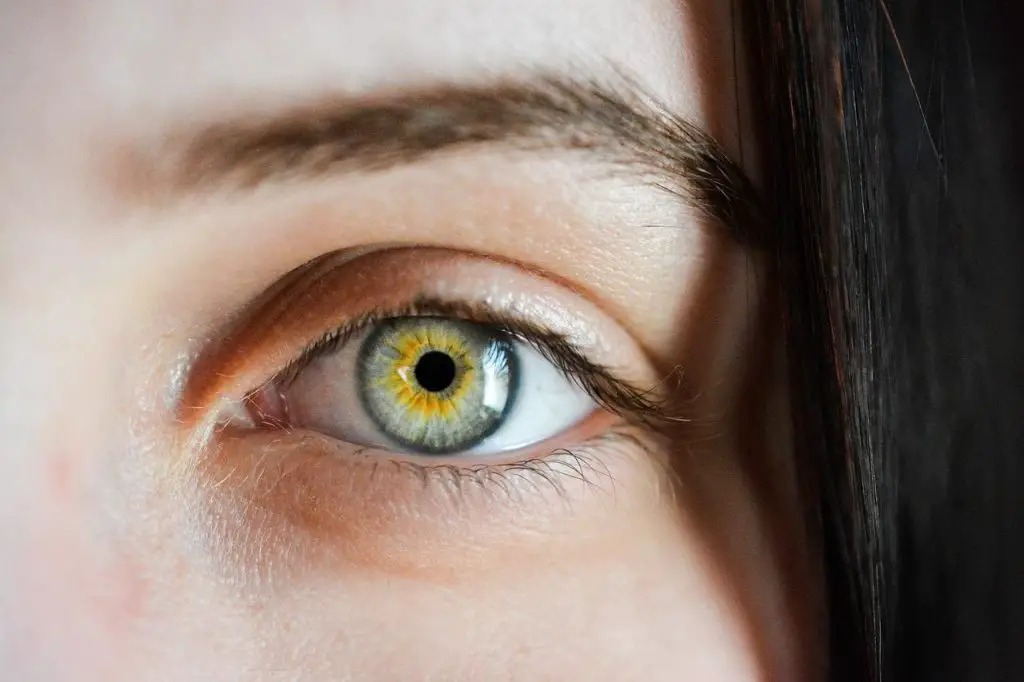Monovision surgery is an option that can benefit most patients. Modern monofocal lenses have low aberrations and improve quality of vision. The key to monovision success is proper patient preparation. Some patients are primed to ask for monovision and are not prepared to hear that they may regret their decision. But most patients find it an excellent choice for improving the quality of their vision. In addition to monovision pros and cons, some patients may prefer contact lenses to monovision.
LASIK
While many LASIK patients do not mind using over-the-counter reading glasses for near work, others want to be glasses-free. Monovision is one option that many LASIK patients may want to consider. But should you choose monovision over multifocal lenses? This article will explain what you should do before undergoing monovision surgery. In addition, you will learn what to expect after undergoing the procedure.
With Monovision, your dominant eye is corrected to correct for distance vision while the secondary eye corrects for close-up vision. This process improves both eyes’ ability to see objects, and your brain will process the visual set-up normally. If you choose monovision, you may need glasses to correct for near-to-intermediate vision. To get monovision, consult with your eye doctor to determine if it is right for you.
PRK
After undergoing LASIK or PRK, you may be wondering whether you will regret choosing monovision afterward. In short, yes. This type of surgery will eliminate your dependence on contacts or glasses. However, you must be aware that this surgery is not suitable for every patient. Patients with high degrees of astigmatism may not be a good candidate for monovision. Fortunately, monovision is not uncommon and is available at most Providence Eye Centers.
Contact lenses
Often confused with one another, contact lenses and monovision are two types of eyewear used for different purposes. A multifocal contact lens can correct problems with near and distance vision, but it’s important to keep in mind that you can’t read or write in low lighting. Therefore, it’s important to have a regular eye doctor check the lenses for fit and clarity. You should also consider the cost, since multifocals are more expensive than monovision contact lenses.
Monovision contact lenses have become a popular choice among people with presbyopia. They can improve overall vision and can eliminate the need for reading glasses and other types of contact lenses. However, they can sometimes blur distant and close objects, and may be difficult to read fine print. However, this type of contact lens doesn’t affect the quality of your vision as much as monovision. Monovision contact lenses are designed to improve overall vision, and most people don’t notice the difference.
LASI
Before deciding to offer monovision as an option, you should ask yourself whether you actually prefer the procedure. Some people do, while others may regret the decision. While monovision does not necessarily affect your visual acuity, it can cause a patient to be unhappy. Patients with high levels of astigmatism or ocular disease may find monovision unsuitable. For this reason, a surgeon who performs monovision may find that it improves their patient’s visual performance.
The concept of monovision is not new, but it is still a novel treatment for presbyopia. It uses two eyes, the dominant one for far objects, and the secondary eye for near objects. After monovision correction, each eye will work together to produce a differential blur, which will be processed normally by the brain. For many people, monovision can be helpful in preventing the onset of presbyopia.
Adapting to monovision
Adapting to monovision is a challenge that can be frustrating for people who are used to being able to see clearly with two eyes. This type of vision correction involves correcting the dominant eye so that it can see far objects more clearly while also correcting the non-dominant eye to see nearby objects more clearly. While this treatment is effective in most cases, it is not appropriate for everyone. For these people, monovision may not be the best option.
During the initial adjustment period, people who were previously accustomed to wearing glasses or contacts to improve their eyesight may experience headaches, blurred vision, and slight imbalance. These symptoms will likely subside as the wearer becomes more comfortable. In the early days, optometrists recommend wearing monovision lenses in familiar, low-pressure situations until the wearer becomes used to the lens and to the changes it brings.


